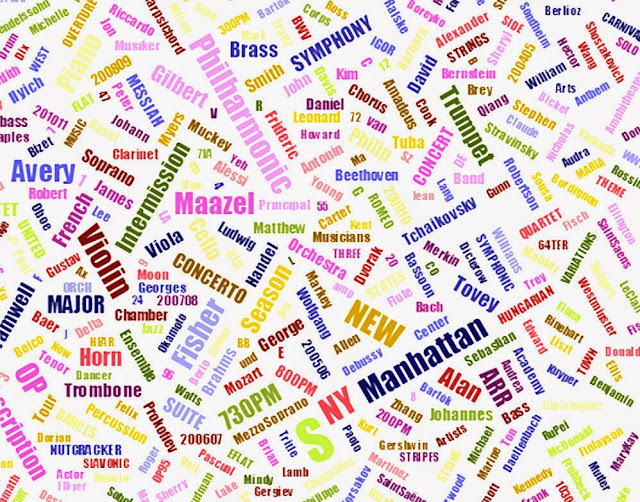The sound of silence

Tip to contemporary composers. If you want your music broadcast beware of the sound of silence. I've been running into problems with extended low level passages on my Future Radio programme. The culprit is the station's silence detector which monitors the studio output. If it senses silence the smart circuitry assumes there is a fault somewhere between studio and the transmitter/web stream, and reroutes the output to a secondary distribution circuit. This then drops the internet stream, and if the silence continues the whole process repeats itself in a loop. In a word - problems.
The silence detector is standard issue in the new breed of automated radio stations which operate with minimal staffing. While I was presenting my programme last week I was the only person in the studio complex, and the previous programme was pre-recorded and played by automation. And this kind of automation will become the norm as the long tail of radio grows longer.
The silence detector thresholds are variables set by the station staff. The team at Future Radio have tweaked the settings to a generous 30 second threshold. But even with this I was very surprised to find it kicking in last week in the not very silent Duruflé Requiem, despite judicous manual compression. The real problem is that the technology that runs these stations is specified for heavily compressed rock music, and contemporary music is way outside the standard deviations. I'm trying not to let this problem influence future programmes. But I have put Paul Hillier's new Stimmung on hold until I'm satisfied it won't be censored by the silence police.
Tomorrow's programme comprises forgotten cello concertos from the baroque composer Leonardo Leo and the late-romantic Gerald Finzi. The graphic plot of the two recordings (from BIS and Chandos respectively) shows very different energy levels. The Leo should be fine, but the Finzi, with its beautiful thirteen minute Andante quieto movement, is likely to cause problems. These will be compounded by the programme being pre-recorded, as I will be listening to some reassuringly quiet live music at Snape while the programme is on-air. The Snape concert has Masaaki Suzuki conducting the Academy of Ancient Music in Handel and Bach (Lauchzet Gott in allen Landen). Thank heavens that the Maltings doesn't have a silence detector.
So apologies if the audio stream plays up on tomorrow's Overgrown Path radio programme. And if you are a contemporary composer, not too much Andante quieto please. Or, perhaps, you should just follow a very good example, and ignore the dictats of technology.
* Listen to the Finzi and Leo cello concertos, uninterrupted I hope, via the audio stream here on Sunday Oct 28 at 5.00pm UK time. Convert Overgrown Path radio on-air times to your local time zone using this link. Windows Media Player doesn't like the audio stream very much and takes ages to buffer. WinAmp or iTunes handle it best. Unfortunately the royalty license doesn't permit on-demand replay, so you have to listen in real time. If you are in the Norwich, UK area tune to 96.9FM.
Any copyrighted material on these pages is included as "fair use", for the purpose of study, review or critical analysis only, and will be removed at the request of copyright owner(s). Report broken links, missing images and other errors to - overgrownpath at hotmail dot co dot uk










Comments
Rewarding to hear praise for the Finzi Cello Concerto as well. It is a late-Romantic work that should not be cold-shouldered because it was written in 1955 when a lot of new things were happening in contemporary music. Inclusiveness is the name of the game as far as I'm concerned.
And talking of inclusiveness, Masaaki Suzuki and the Academy of Ancient Music were sublime at Snape. And we came out of the Maltings into a North Sea storm that was straight out of Peter Grimes.
Next week's Overgrown Path radio is special. Krystof Harant's Missa quinis vocibus and Martinu's Fourth Symphony. Not to be missed.